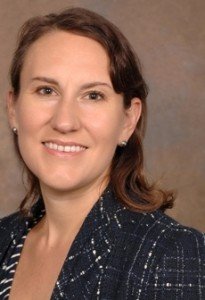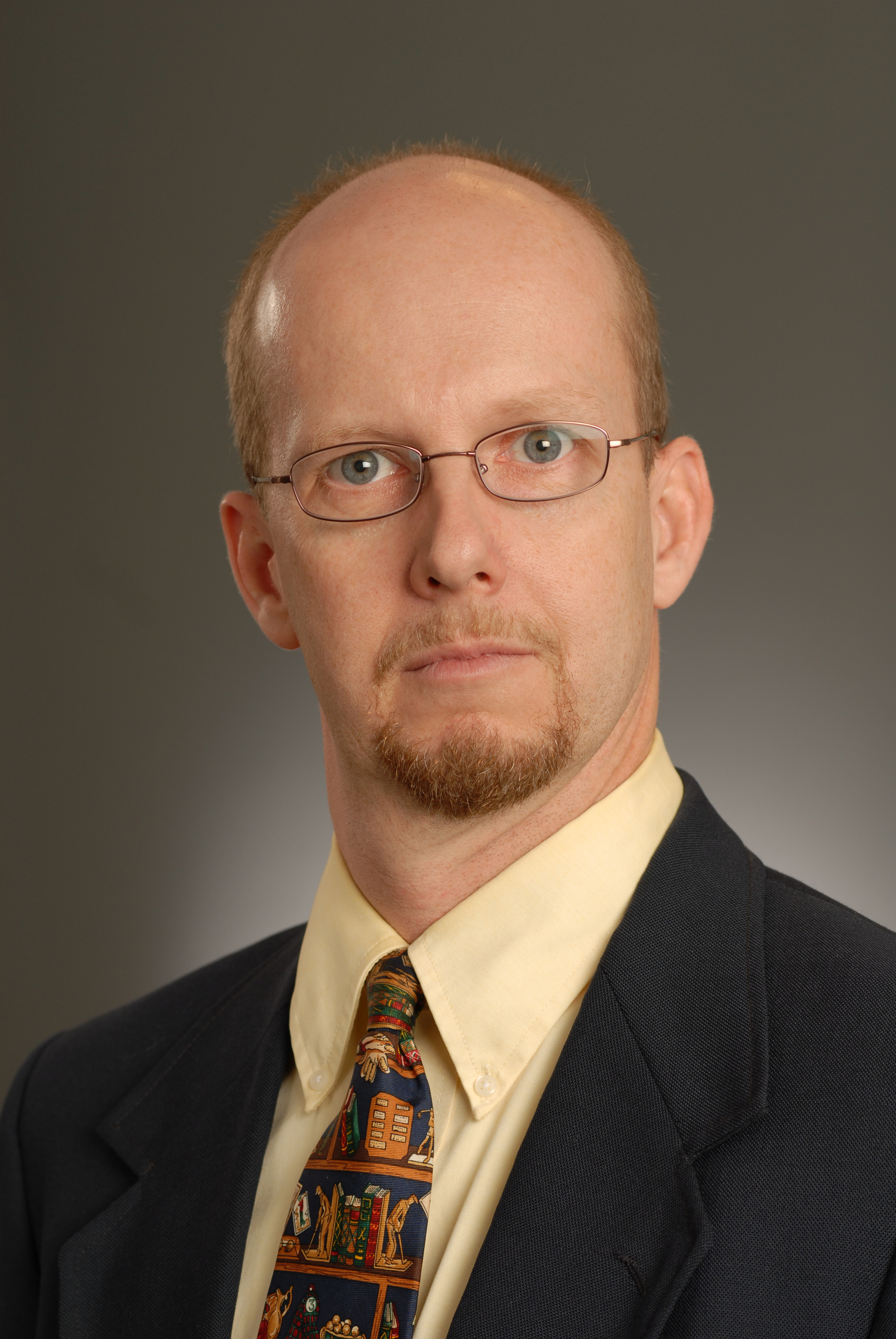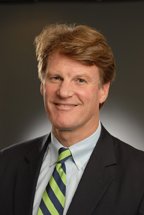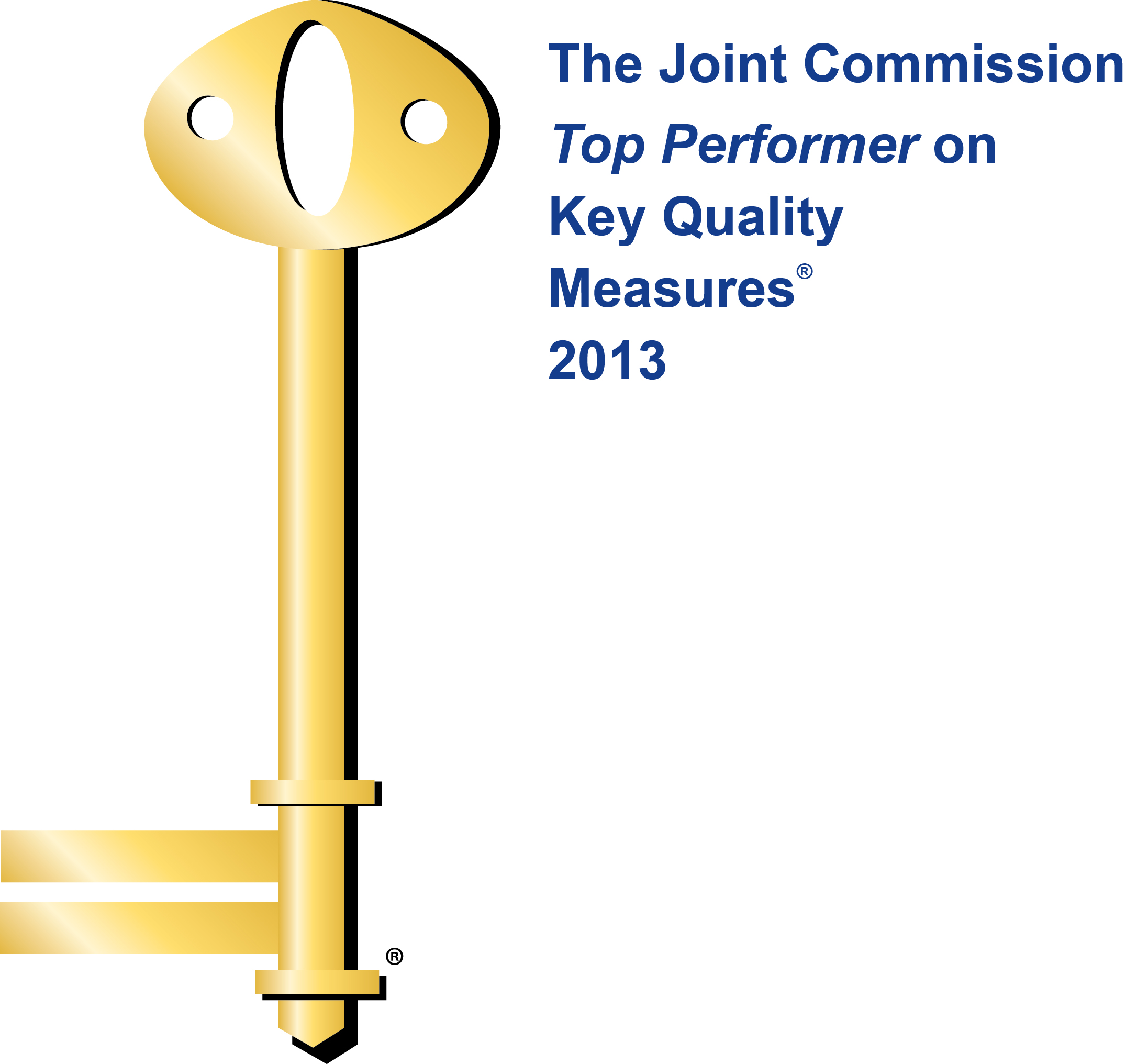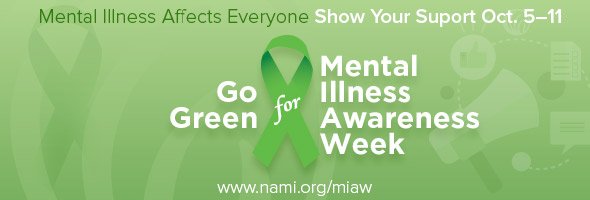Category: Mental Health
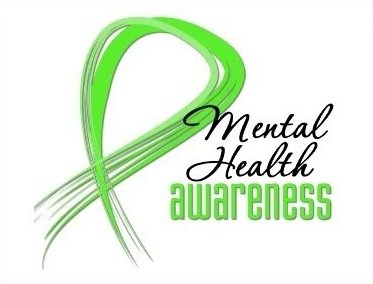 When we think about cancer, heart disease, or diabetes, we don’t wait years to treat them. We start before Stage4—we begin with prevention. When people are in the first stage of those diseases, and are beginning to show signs of symptoms like a persistent cough, high blood pressure, or high blood sugar, we try immediately to reverse these symptoms. We don’t ignore them. In fact, we develop a plan of action to reverse and sometimes stop the progression of the disease.
When we think about cancer, heart disease, or diabetes, we don’t wait years to treat them. We start before Stage4—we begin with prevention. When people are in the first stage of those diseases, and are beginning to show signs of symptoms like a persistent cough, high blood pressure, or high blood sugar, we try immediately to reverse these symptoms. We don’t ignore them. In fact, we develop a plan of action to reverse and sometimes stop the progression of the disease.
So why aren’t we doing the same for individuals who are dealing with potentially serious mental illness?
When you or someone close to you starts to experience the early warning signs of mental illness, knowing what the risk factors and symptoms are will help to catch them early. Often times, family and friends are the first to step in to support a person through these early stages. Experiencing symptoms such as loss of sleep, feeling tired for no reason, feeling low, feeling anxious, or hearing voices, shouldn’t be ignored or brushed aside in the hopes that they go away. Like other diseases, we need to address these symptoms early, identify the underlying disease, and plan an appropriate course of action on a path towards overall health. Mental health conditions should be addressed long before they reach the most critical points in the disease process—Before Stage 4.
Many people do not seek treatment in the early stages of mental illnesses because they don’t recognize the symptoms. Up to 84% of the time between the first signs of mental illness and first treatment is spent not recognizing the symptoms.
Mental Health America’s screening tools can help. Taken online at www.mhascreening.org, a screening is an anonymous, free and private way to learn about your mental health and see if you are showing warning signs of a mental illness. A screening only takes a few minutes, and after you are finished you will be given information about the next steps you should take based on the results. A screening is not a diagnosis, but it can be a helpful tool for starting a conversation with your doctor or a loved one about your mental health.
This May is Mental Health Month; Lindner Center of HOPE is raising awareness of the important role mental health plays in our lives and encouraging members of the community to learn more about their own mental health and to take action immediately if they are experiencing symptoms of a mental illness.
Mental illnesses are not only common, they are treatable. There is a wide variety of treatment options for mental illnesses ranging from talk therapy to medication to peer support, and it may take some time for a person to find the right treatment or combination of treatments that works best for them. But when they do, the results can be truly amazing and life changing. Lindner Center of HOPE wants to help people learn what they can do both to protect their mental health and know the signs of mental illness #B4Stage4.
It’s up to all of us to know the signs and take action so that mental illnesses can be caught early and treated, and we can live up to our full potential. We know that intervening effectively during early stages of mental illness can save lives and change the trajectories of people living with mental illnesses. Be aware of your mental health and get screened #B4Stage4 today!

